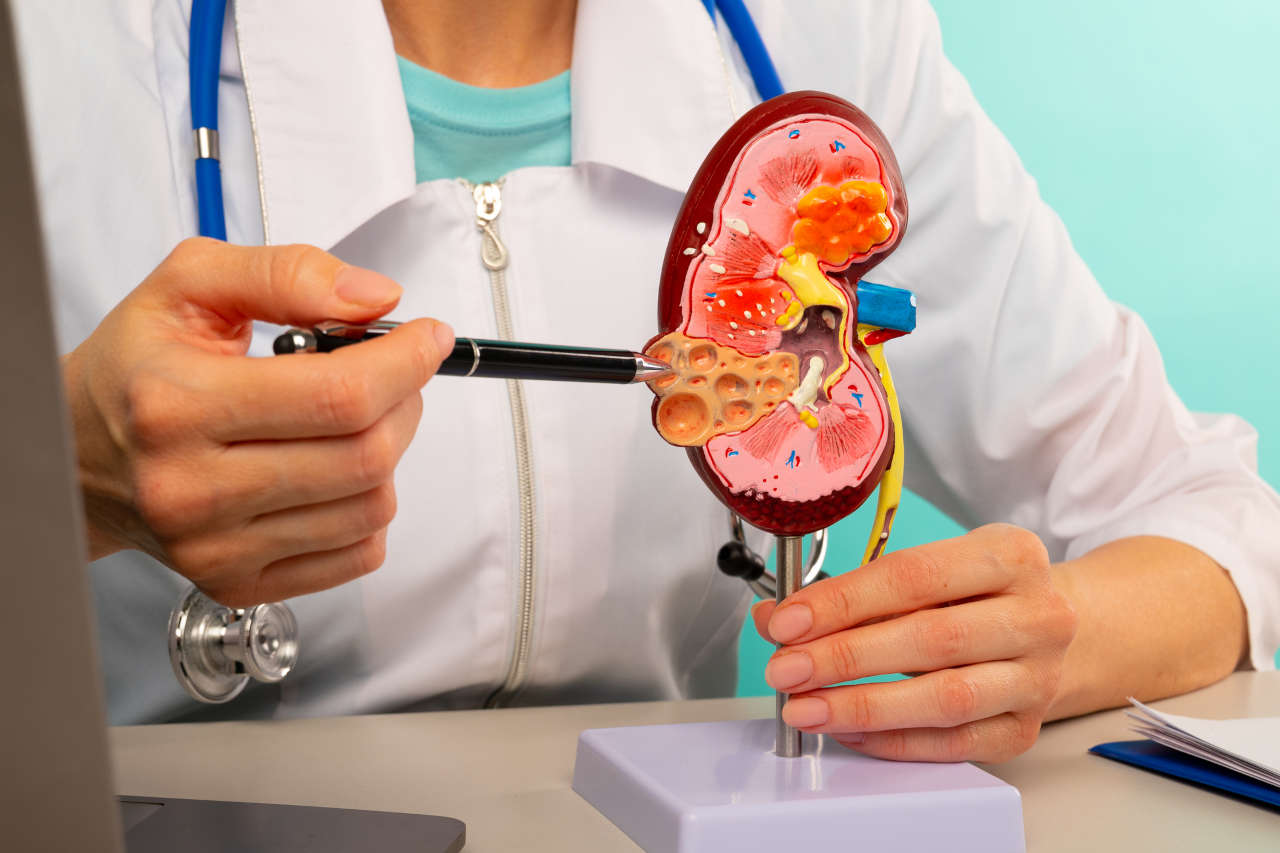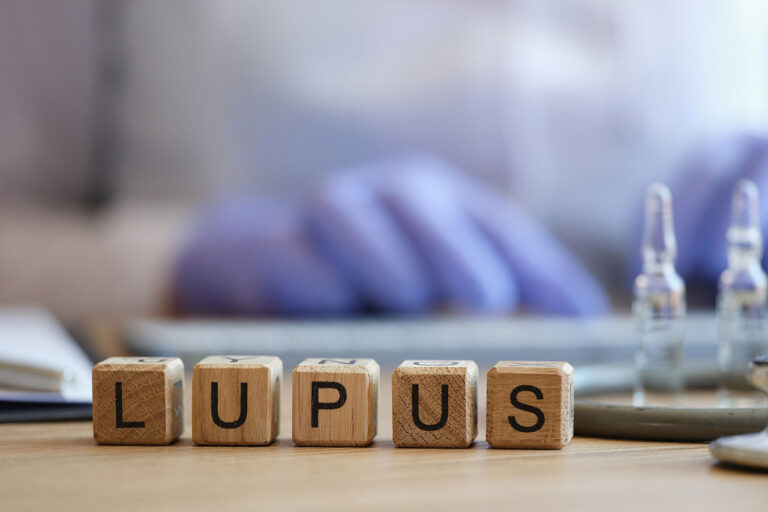
实体器官移植是一种外科手术,用捐赠者的健康器官替换患者衰竭的器官。这项至关重要的手术可以帮助严重器官衰竭的患者。
询问 IVIG 家庭输液
然而,实体器官移植仍面临诸多挑战。患者经常面临的一个挑战是器官排斥。当人体免疫系统将新器官误认为是外来的有害物质并对其进行攻击时,就会发生这种情况。为了防止这种情况,医生会使用免疫抑制药物来削弱患者的免疫系统,但这也会增加感染的风险。1].
静脉注射免疫球蛋白(IVIG) 有助于预防移植排斥反应。本文将探讨静脉注射免疫球蛋白(IVIG)及其如何提高器官移植的成功率。
IVIG 是什么?
静脉注射免疫球蛋白 (IVIG) 是一种由数千名捐献者血浆制成的治疗方法,其中含有多种不同的抗体。如果您的免疫系统较弱,IVIG 可以帮助您抵抗感染。它可用于治疗各种免疫系统疾病和炎症性疾病,例如 川崎病、狼疮和 格林-巴利综合征.
IVIG 对实体器官移植有很多益处。IVIG 可以舒缓过度活跃的免疫系统,从而降低器官排斥的风险。手术前后,您必须服用免疫抑制药物,这会削弱您的免疫系统。这会使您更容易感染,而 IVIG 可以帮助您抵抗这些感染。简而言之,IVIG 可以让您的移植手术更成功,并让您更健康。
IVIG 对于实体器官移植有何益处?
静脉注射免疫球蛋白 (IVIG) 是实体器官移植的良好辅助治疗选择。它在器官移植的准备和移植后潜在并发症的管理中都发挥着至关重要的作用。下文我们将讨论 IVIG 如何在器官移植的不同阶段为您提供帮助。
器官移植前静脉注射免疫球蛋白 (IVIG) 的作用

在实体器官移植前,医生主要使用静脉注射免疫球蛋白 (IVIG) 进行脱敏。脱敏是一种医疗过程,可以减少患者血液中可能损害移植器官的抗体。如果您血液中同种抗体(即针对移植器官的抗体)水平较高,则需要在器官移植前进行此过程。血液中同种抗体水平越高,手术前等待的时间就越长。
在过去的二十年里,医生们一直使用静脉注射免疫球蛋白(IVIG)作为肾移植脱敏过程的工具。它可以降低体内同种抗体水平,从而提高器官移植的成功率。2][5在脱敏过程中,医生会单独使用 IVIG,或结合其他治疗方法,如类固醇、血浆置换和免疫抑制药物等。 利妥昔单抗 [3][5].
大部分已证实的IVIG在脱敏过程中的成功案例都发生在肾脏移植中。一项研究表明,目前缺乏证据支持IVIG在心脏、肺脏和肝脏移植中的脱敏应用。[5然而,加拿大最近的一项研究表明,联合使用 IVIG、血浆置换、抗胸腺球蛋白和霉酚酸可使肺移植期间同种抗体水平高的患者受益[4].
获得 IVIG 共同支付援助
器官移植后静脉注射免疫球蛋白的作用
器官移植后,首要关注的是预防器官排斥。您可能会在最初几个月或很长一段时间内经历器官排斥。排斥可能是由细胞或抗体引起的。如果是由抗体引起的,则称为抗体介导排斥 (AMR)。如果医生怀疑是 AMR,他们会实施治疗方案以抑制您的免疫系统并挽救移植的器官。
过去几十年的各种研究表明,IVIG 与利妥昔单抗等药物联合使用可以降低肾移植中器官排斥的风险。[7][8它还有利于治疗肺、心脏和肝脏等其他移植器官的耐药性。9].
器官移植后还会出现另一种值得注意的并发症。许多患者会出现低水平的 免疫球蛋白 由于使用免疫抑制剂[10这会使您更容易感染。在这种情况下,静脉注射免疫球蛋白(IVIG)疗法可以帮助您补充免疫球蛋白水平,并保护您免受感染。一项研究表明,使用静脉注射免疫球蛋白(IVIG)可以降低器官移植后感染的风险。11].
底线
十多年来,IVIG在实体器官移植中发挥着重要作用。它可以通过降低同种抗体水平、预防抗体介导的排斥反应(AMR)以及控制感染来确保移植受体的长期生存。然而,我们仍需要更多研究来充分了解IVIG在实体器官移植中的潜力。
参考:
- Black, CK, Termanini, KM, Aguirre, O., Hawksworth, JS, & Sosin, M. (2018). 21世纪的实体器官移植。《转化医学年鉴》,6(20), 409. https://doi.org/10.21037/atm.2018.09.68
- Sethi, S., Choi, J., Toyoda, M., Vo, A., Peng, A., & Jordan, SC (2017). 脱敏:克服移植的免疫障碍。《免疫学研究杂志》,2017年,1-11页。https://doi.org/10.1155/2017/6804678
- Guo, Z., Zhao, D., Sa, R., Wang, L., Li, S., Zhao, G., Zhu, L., & Chen, G. (2023). 适用于未接受过脱敏治疗的预致敏受体的尸体供体肾移植围手术期改良方案。《免疫学前沿》14. https://doi.org/10.3389/fimmu.2023.1223567
- Tinckam, K.、Keshavjee, S.、Chaparro, C.、Barth, D.、Azad, S.、Binnie, M.、Chow, C.、De Perrot, M.、Pierre, A.、Waddell, T.、Yasufuku, K.、Cypel, M. 和 Singer, L. (2015)。致敏肺移植受体围手术期脱敏的生存率。《美国移植杂志》,15(2),417–426。https://doi.org/10.1111/ajt.13076
- Shehata, N.、Palda, VA、Meyer, RM、Blydt-Hansen, TD、Campbell, P.、Cardella, C.、Martin, S.、Nickerson, P.、Peltekian, K.、Ross, H.、Waddell, TK、West, L.、Anderson, D.、Freedman, J. 和 Hume, H. (2009)。《免疫球蛋白治疗在实体器官移植患者中的应用:循证实践指南》。《输血医学评论》,24卷,S7-S27页。https://doi.org/10.1016/j.tmrv.2009.09.010
- Jordan, SC, Tyan, D., Stablein, D., McIntosh, M., Rose, S., Vo, A., Toyoda, M., Davis, C., Shapiro, R., Adey, D., Milliner, D., Graff, R., Steiner, R., Ciancio, G., Sahney, S., & Light, J. (2004). 静脉注射免疫球蛋白作为降低同种异体增敏作用及改善终末期肾病高致敏成年患者移植效果的评估。《美国肾脏病学会杂志》,15(12),3256–3262。https://doi.org/10.1097/01.asn.0000145878.92906.9f
- Lachmann, N., Duerr, M., Schönemann, C., Pruß, A., Budde, K., & Waiser, J. (2017). 抗体介导肾移植排斥反应的治疗:逐步改善。《免疫学研究杂志》,2017年,第1-9期。https://doi.org/10.1155/2017/6872046
- Takemoto, SK, Zeevi, A., Feng, S., Colvin, RB, Jordan, S., Kobashigawa, J., Kupiec-Weglinski, J., Matas, A., Montgomery, RA, Nickerson, P., Platt, JL, Rabb, H., Thistlethwaite, R., Tyan, D., & Delmonico, FL (2004). 全国实体器官移植抗体介导排斥反应评估会议。《美国移植杂志》,4(7), 1033–1041。https://doi.org/10.1111/j.1600-6143.2004.00500.x
- 免疫球蛋白治理——澳大利亚免疫球蛋白临床使用标准。(日期不详)。https://www.criteria.blood.gov.au/MedicalCondition/View/2484
- Works CitedPerez, Elena E., et al. “Update on the Use of Immunoglobulin in Human Disease: A Review of Evidence.” Journal of Allergy and Clinical Immunology, vol. 139, no. 3, Mar. 2017, pp. S1–S46, www.aaaai.org/Aaaai/media/MediaLibrary/PDF%20Documents/Practice%20and%20Parameters/IVIG-March-2017.pdf, https://doi.org/10.1016/j.jaci.2016.09.023.
- Carbone, J., Fernandez-Yañez, J., Montanchez, J., Zatarain, E., Navarro, J., Rodriguez-Ferrero, M., Anaya, F., Salcedo, M., Fernandez, A., Muñoz, P., Valerio, M., & Sarmiento, E. (2018). 静脉免疫球蛋白替代疗法在重度感染和继发性抗体缺陷实体器官移植中的应用。《移植》,102(增刊7),S84。https://doi.org/10.1097/01.tp.0000542670.27264.65













